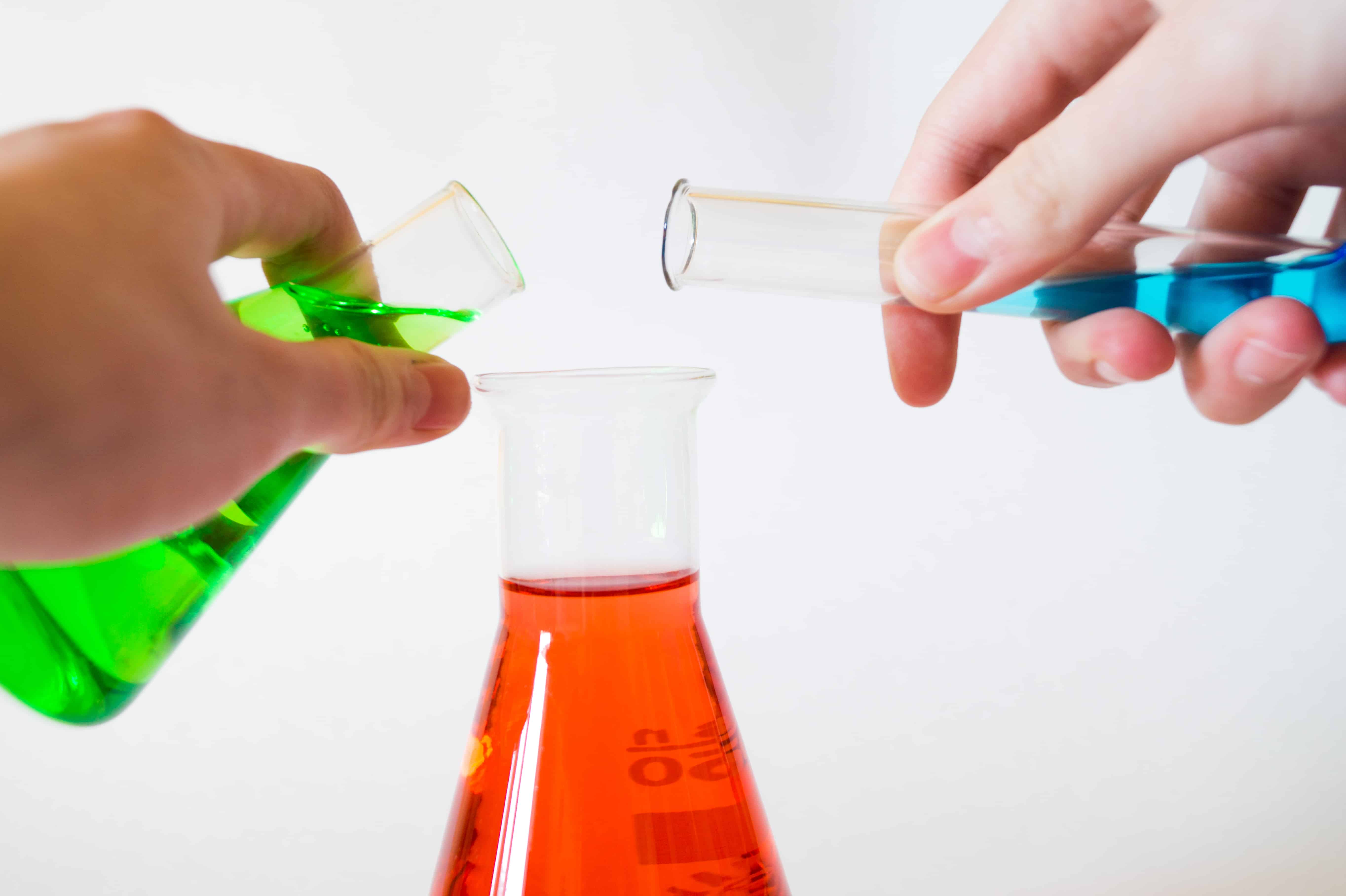First published: 24 January 2022 @ 6:00 pm
Do you have an idea that you want to test? Are you looking for a new way to use science to learn more about the world around us?
Have you been asked to be a science teacher and don’t know where to start? Have you ever been bored and wanted to do something fun, but not just anything. Do you just want something that’s different?
If so, this article is for you! If you want to know about experiments, then here is a list of some cool experiments that can be done in a house. They are fun, simple, and easy to do.
Here are a list of four fun science experiments for kids:

1. Elephant Toothpaste
For this fun science experiment, you will need a big plastic soda bottle, dry yeast, warm water, dish soap, food coloring, some cups, and hydrogen peroxide (3% to 6%, which you can usually get in stores that sell hair and beauty products). It’s also a good idea to have safety goggles nearby.
This experiment can get a little messy, so you can have a tray nearby so it won’t spill everywhere.
First, add some drops of food coloring into your bottle. Then, pour in a tablespoon of dish soap and mix it together. In a different cup, mix the dry yeast with warm water for about a minute.
Finally, pour the yeast-water mixture into the bottle and watch some colorful foams rise and spill out of it!
2. Floating Eggs
This is a classic experiment that can teach us about how density works. It will require 2 naked eggs, 2 tall glasses of water (make sure it fills up to about 3/4), and some salt.
Add 3 tablespoons of salt into one of the drinking glasses and mix it together. Now, put an egg into the glass filled with only water. You will see that the egg sinks.
However, if you do the same to the glass with the salt-water mixture, the egg will float near the surface!
This density experiment tells us that the eggs’ density is bigger than the density of water. But when salt is added into water, it will increase the density. This is why one of the eggs float instead of sinking. This density experiment is simple, but can be an interesting lesson for young kids.
Click on the next page to read more about 4 Cool Experiments that Can Be Done in a House!

